Meet Justice Nilay Vipinchandra Anjaria and his Notable Judicial decisions
- ByPravleen Kaur --
- 17 Jun 2025 --
- 0 Comments
Justice Nilay Vipinchandra Anjaria, born on March 23, 1965, in Ahmedabad, Gujarat, is a sitting judge of the Supreme Court of India, having taken oath on May 30, 2025. He hails from a family deeply rooted in the legal profession—his father also served in the judiciary—and has ancestral ties to Mandvi in Kachchh. Justice Anjaria completed his commerce degree at H.L. College of Commerce, followed by an LL.B from Sir L.A. Shah Law College in 1988, and an LL.M from the University School of Law, Ahmedabad in 1990.
Judicial Career
Justice Anjaria began practicing law in the Gujarat High Court in 1988, working under noted Senior Advocate S.N. Shelat. He developed expertise in constitutional, civil, labour, and service law, and represented major public bodies such as the CBI, BSNL, UPSC, UGC, AICTE, and NCTE as Senior Panel Counsel. Elevated to the bench as an Additional Judge of the Gujarat High Court in 2011, he became a permanent judge in 2013. In February 2024, he was appointed as the 34th Chief Justice of the Karnataka High Court, where his leadership and clear, well-reasoned judgments were widely praised. He was recommended for elevation to the Supreme Court in May 2025 and is expected to serve until March 2030.
Landmark Judgments and Contributions
While Justice Anjaria’s tenure at the Supreme Court is recent, his judicial record in the Gujarat and Karnataka High Courts is notable for several key themes:
Administrative and Constitutional Law: Justice Anjaria has delivered judgments upholding procedural fairness and the rule of law, especially in service and administrative matters. His decisions often reflect a meticulous approach to statutory interpretation and a commitment to transparency in public administration.
Labour and Service Jurisprudence: He is recognized for landmark rulings on labour rights, employee benefits, and fair recruitment practices, ensuring that state actions comply with constitutional guarantees of equality and non-discrimination.
Civil Rights and Social Justice: Justice Anjaria’s jurisprudence demonstrates a strong inclination towards protecting civil liberties and advancing social justice, particularly for marginalized groups. His judgments emphasize access to justice and the importance of legal remedies for the underprivileged.
Judicial Leadership: As Chief Justice of the Karnataka High Court, he was lauded for his administrative reforms, efficiency, and efforts to modernize court processes, contributing to improved case management and timely justice.
Legacy and Philosophy
Justice Anjaria is respected for his clarity, integrity, and deep knowledge of the law. His judgments are characterized by thorough reasoning and a principled approach, earning him a reputation as a fair and forward-thinking jurist. His elevation to the Supreme Court is seen as a continuation of his commitment to upholding justice, integrity, and the rule of law at the highest level.

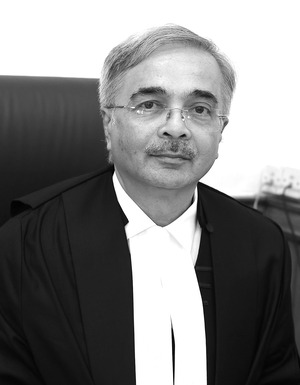












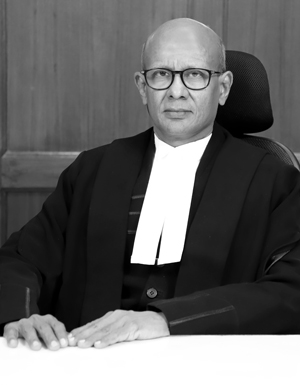
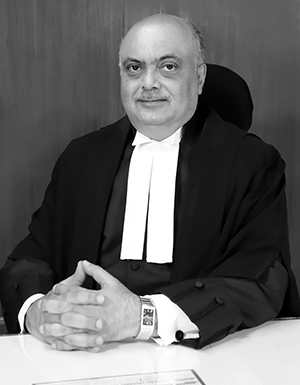
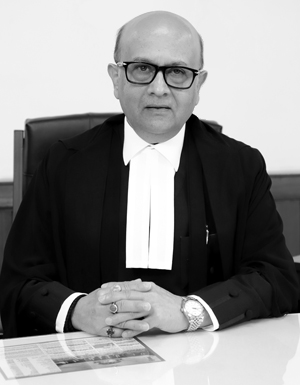

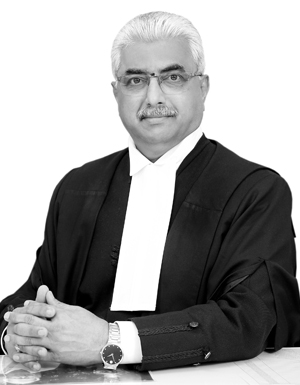

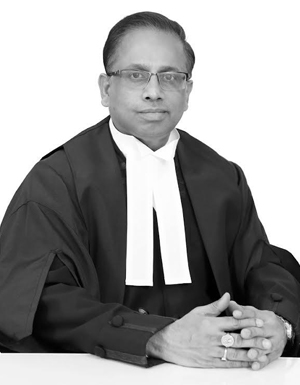

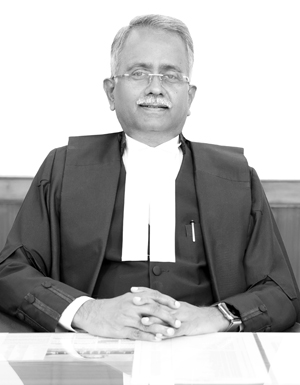
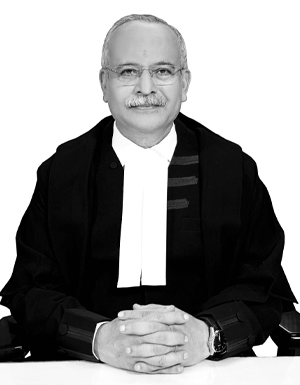
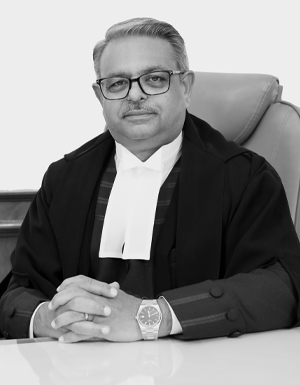
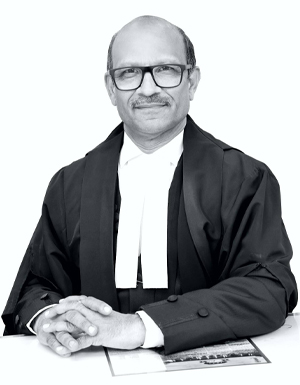



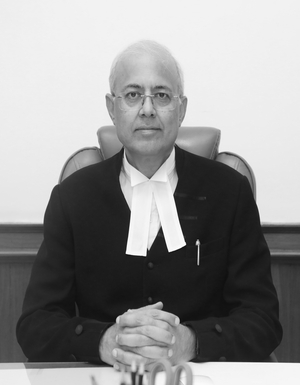
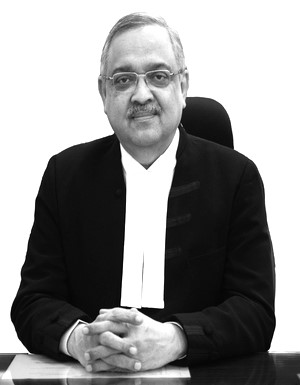
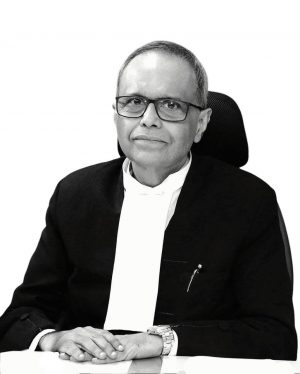
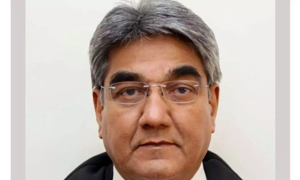
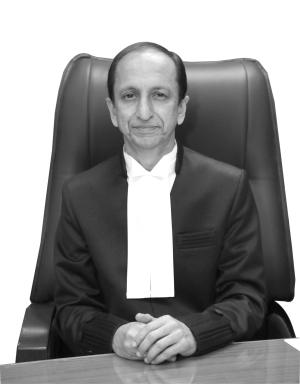

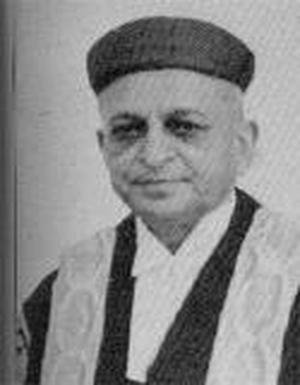
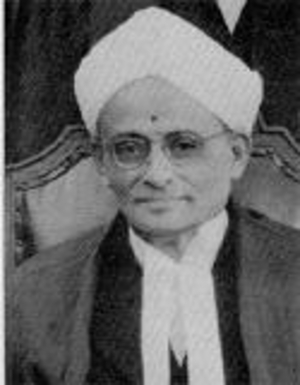
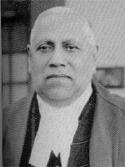
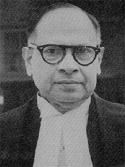
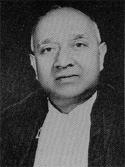
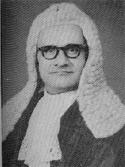
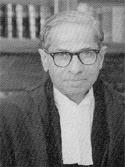
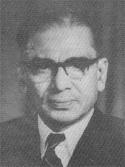
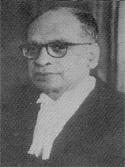
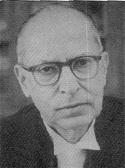
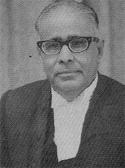
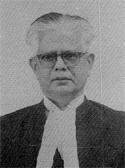
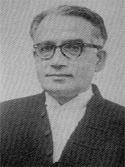
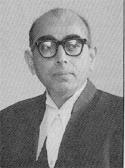

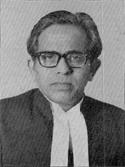
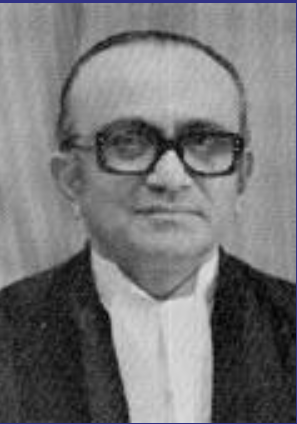

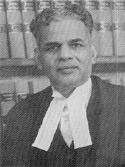
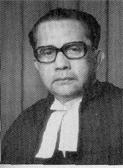
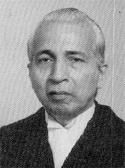
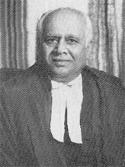
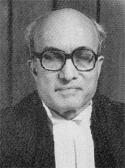
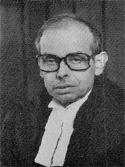
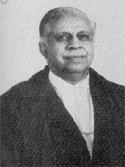

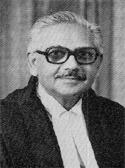
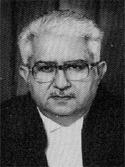
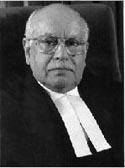
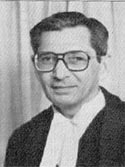

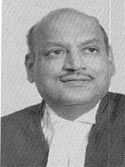
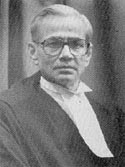
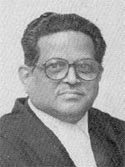

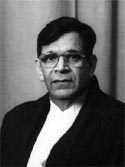
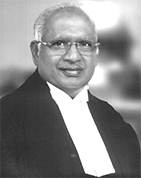
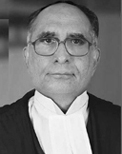
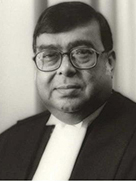

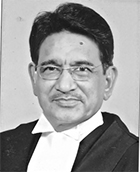
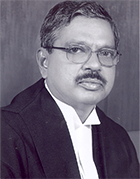
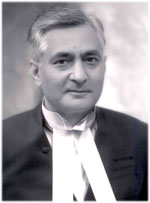
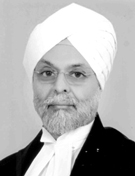
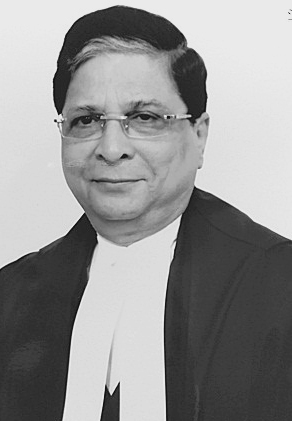
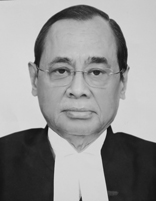

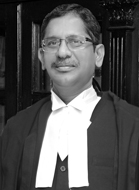

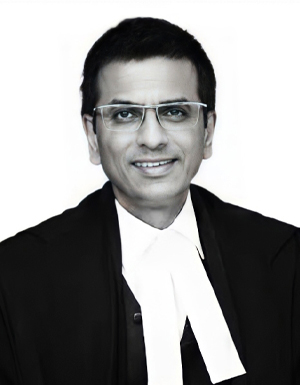

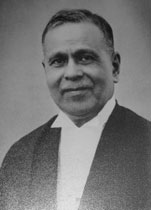
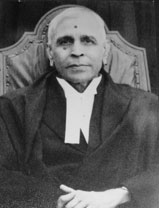
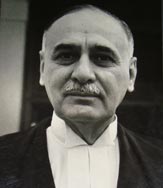
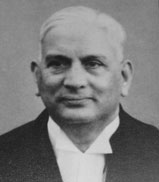
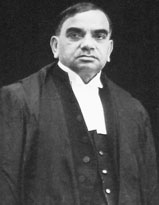

0 comments